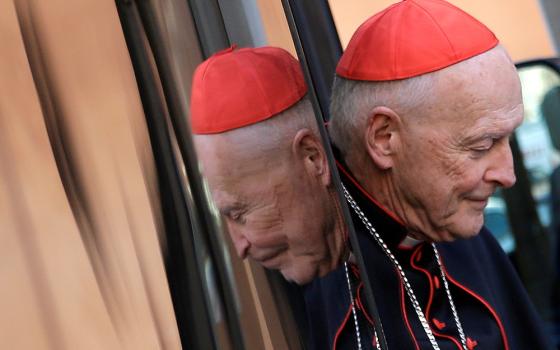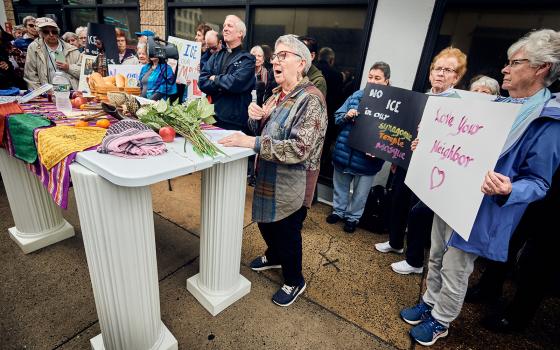April 16 was a momentous day for U.S. women religious, and indeed for all Catholics. The Vatican and other Catholics on both sides of the Atlantic breathed a collective sigh of relief when the doctrinal assessment of the U.S. Leadership Conference of Women Religious by the Congregation for the Doctrine of the Faith and the congregation's mandate for implementation came to a conclusion.
In a May 15 statement, the LCWR officers said the process was conducted in a spirit of prayer and openness, but it was "time-consuming," "difficult" and "had its costs." The officers were "deeply saddened that the report caused scandal and pain" and said they "felt publicly humiliated" by false accusations.
I surely sympathize with all the heartache, frustration and anger these leaders must have felt in the years of dealing with the assessment and the mandate because I was engaged in a Vatican investigation of my ministry to lesbian, gay, bisexual and transgender people from the mid-1980s to 1999. It was a time of great anxiety and distress for me, but I remember the caution that former LCWR officers urged me to keep in mind: "Do not confuse the personal with the structural."
So while I feel deep sympathy for the personal toll suffered by these leaders, I also feel deeply troubled by the structural implications of the settlement. I believe the two main pillars of the church's bureaucracy have been maintained. There is still secrecy and there is still self-silencing.



